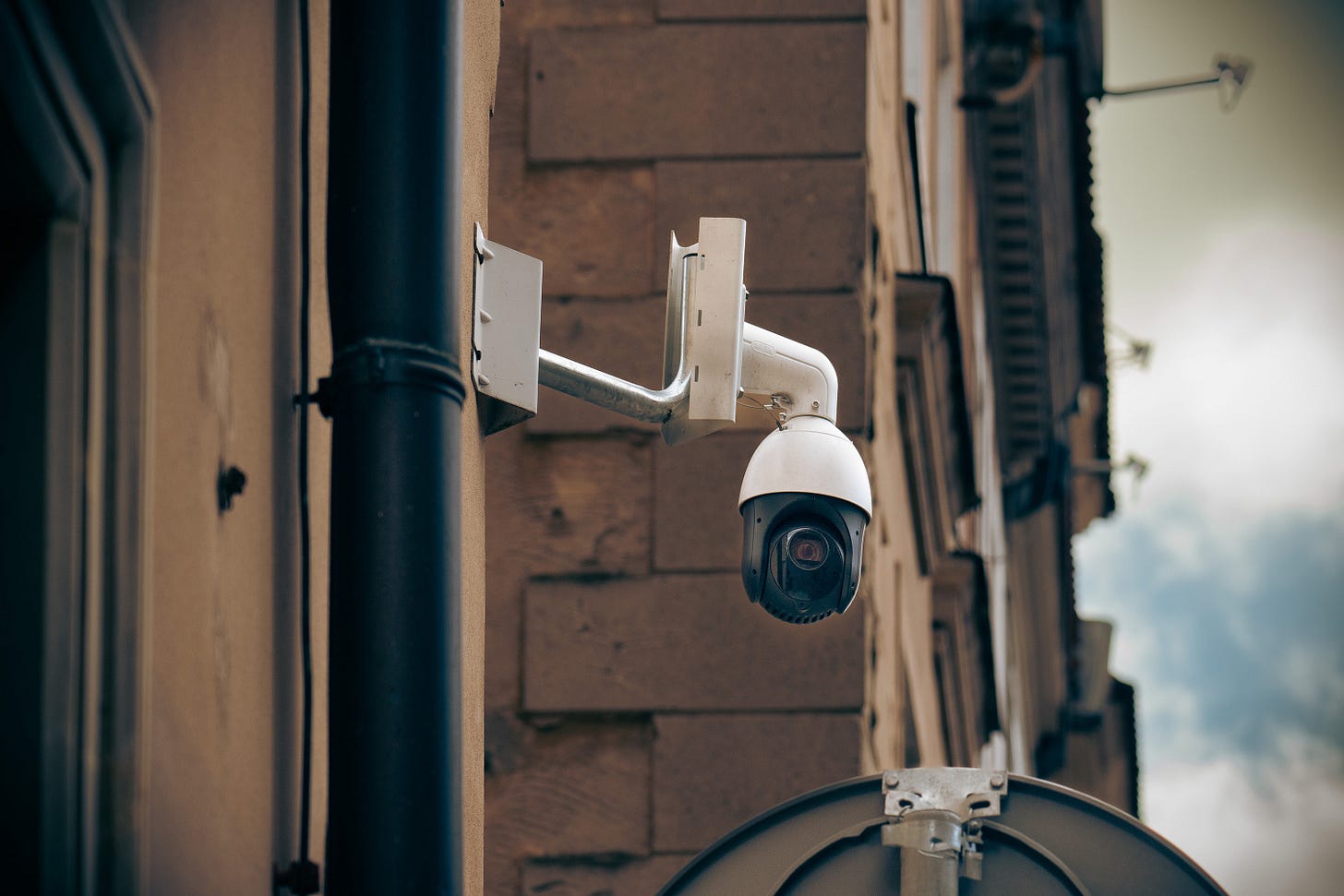Imagine living in a glass house, where every aspect of your life is exposed to the prying eyes of strangers. Some just casually happen to walk by your house, while others are intently staring through your windows.
While you may feel comfortable in your own skin and in your own space, you still value moments of solitude, intimate conversations with loved ones, and the ability to let your guard down without constant judgement or surveillance.
Our natural craving for privacy is not out of an inherent need to hide, but out of a desire to safeguard our personal autonomy.
Similarly, online privacy grants us the freedom to explore our thoughts, interests, and vulnerabilities without fear of exploitation or intrusion.
When we talk about online privacy, we’re not talking about the freedom to conceal illicit activities, but rather about cherishing our right to personal space, protecting our identities, and preserving our autonomy in an increasingly interconnected world.
To confuse online privacy with secrecy, is to oversimplify the problem. It fails to recognize the broader implications and potential risks that can emerge when personal information is compromised.
And herein lies the “nothing to hide” fallacy.
Privacy encompasses more than covering secrets; it is a fundamental human right, recognized internationally, that allows us to control and safeguard our personal data. It ensures individual autonomy, dignity, and freedom of expression. It forms the basis for our ability to control and protect our personal information.
Online privacy grants us a sense of autonomy and control over our personal information and digital identity. Especially while using apps like Visible, online privacy allows us to curate our online presence and selectively share personal details, contributing to a greater sense of self-expression and agency. By controlling the narrative of our own online lives, we can shape our digital persona in alignment with our values, interests, and aspirations.
It is crucial to remember that in the grand timeline of human existence, the internet is a relatively recent addition, and its full impact on our lives is still unfolding. Try as we might, legislation is unable to keep up with the rapid pace at which technology is evolving, and the gap is only becoming wider.
The General Data Protection Regulation (GDPR,) the California Consumer Privacy Act (CCPA,) Children's Online Privacy Protection Act (COPPA) and Right to be Forgotten.
These laws recognize the impact of digital information on personal reputation and privacy and allows citizens to have more control over their online identities. But we are only scratching the surface of how bad things can become if we fail to take privacy seriously.
We have witnessed data breaches, identity theft, and surveillance scandals, but these are mere glimpses of a potential future. As our lives become increasingly entwined with the digital space, the risks and consequences of privacy violations will grow exponentially.
Even seemingly innocuous information can be weaponized when collected, analysed, and combined with other data sets. It’s not just cybercriminals wearing hoodies in basements that want this data, it’s governments, corporations, data brokers, marketers, insurance companies etc.
Online privacy isn’t secrecy. It’s maintaining your digital autonomy and dignity, it’s preserving your sovereignty as a customer, it’s freedom of expression.
Ultimately, it is our responsibility, while we still have the chance, to safeguard our personal autonomy, protect our identities, and actively advocate for strong privacy measures to ensure a future where our digital selves are secure and our fundamental rights remain intact.






